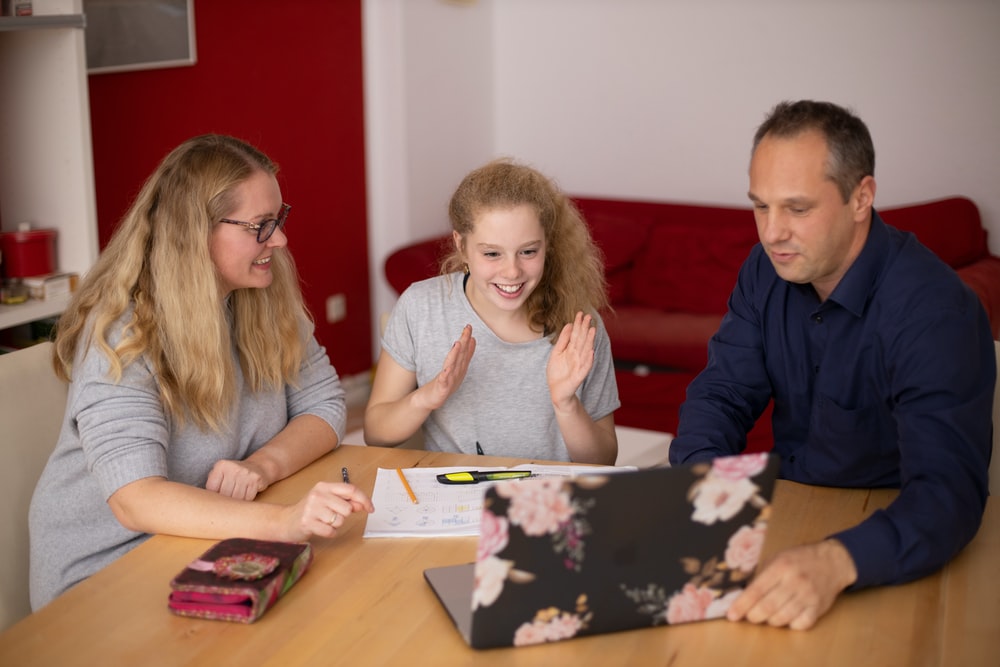If you want to get married in Germany, your application for marriage may become more complicated if you or your partner is not from within the EU, or if you have been previously married. As everything else, getting married in Germany can require lots of paperwork. Learn more about the requirements of marriage in Germany as a non-EU citizen in this blog post!
Requirements for marriage in Germany
Before applying for anything, you must first make sure that:
- You’re not already married.
- You’re at least 18 years old (16 with parental consent)
- You don’t want to marry someone who is related by blood.
- You’ve been living in Germany for at least three weeks.
Application to registry office (Standesamt)
Your marriage application should be submitted to the registry office in your area where either you or your partner is registered. You need to make an appointment with the registry office and attend the meeting there. Here, they will explain the process, and you’ll get the documentation you need to submit for approval. It would be best if you arranged for this meeting several months before you plan to get married, so that you have plenty of time to gather and submit the required documents. Once the registry office approves the application, you should get married within 6 months or might have to go through the application process all over again.
You may also be required to have your documents translated into German by a certified translator if you are a non-EU citizen. The total cost, depending on the complexity of your case ranges from 60 to 600 euros. The required documents might include:

- Valid ID (passport/identity card)
- Official Statement of Residency (Meldebescheinigung)
- Original birth certificate with parents’ names.
- Certificate of No Impediment (CNI) (Befreiung vom Ehefähigkeitszeugnis), which can be obtained from embassy.
- Income certificate (Einkommensbescheinigung)
- Registration certificate proving you have been resident in Germany longer than three weeks.
- If you are not a German or EU citizen, a valid residence permit/visa
- Birth certificates of any children you have had together
- Affidavit confirming both parties are single (Ledigkeitsbescheinigung)
- Marriage questionnaire (from the registry office)
- Certificate of finality of divorce (if applicable)
- Marriage certificates from any previous marriages
- Death certificate of the previous spouse (if applicable)
- Confirmation of name change (if applicable)
Gay marriage in Germany
Same-sex marriage was made legal in Germany in October of 2017. Since then, more that 10,000 same-gender couples have gotten married. The same documents as mentioned above might be required. Find more about the details of the paperwork here!
Wedding ceremony
The wedding ceremony takes place at the registry office. If you want to go ahead with a religious ceremony or wedding reception, you can do so, but this will not have any legal effect. German law considers marriage to be a legally binding contract. Therefore, there is a high degree of importance placed on both parties understanding the legal implications of the event. If either one of you doesn’t speak fluent German, you’ll need to have a certified interpreter there for the wedding.
You can book a certified German translator with us using this link!
German citizenship after marriage
If you marry a German citizen, you aren’t automatically granted German citizenship. However, spouses of Germans may apply for citizenship by naturalization much earlier than others: usually after just two years of marriage. Find more about how to apply for the German citizenship here!




